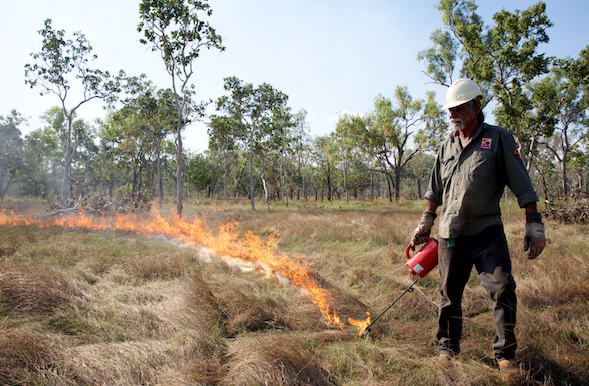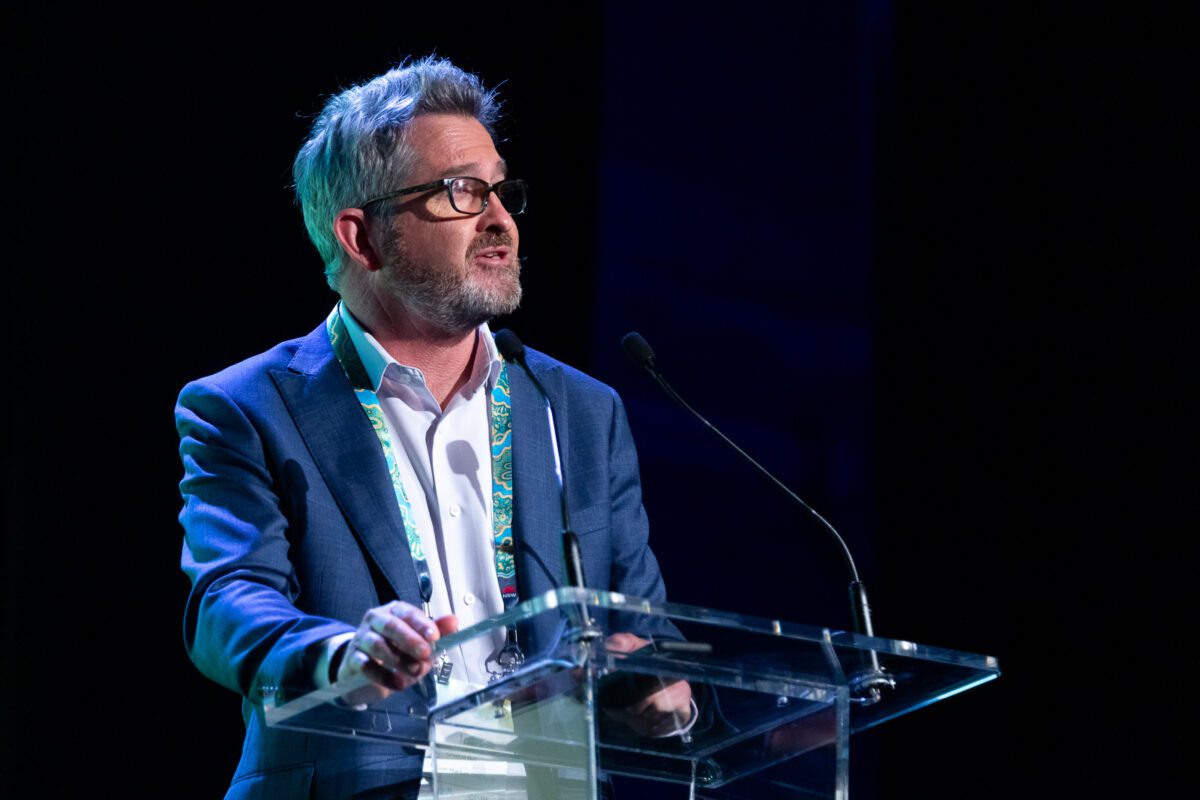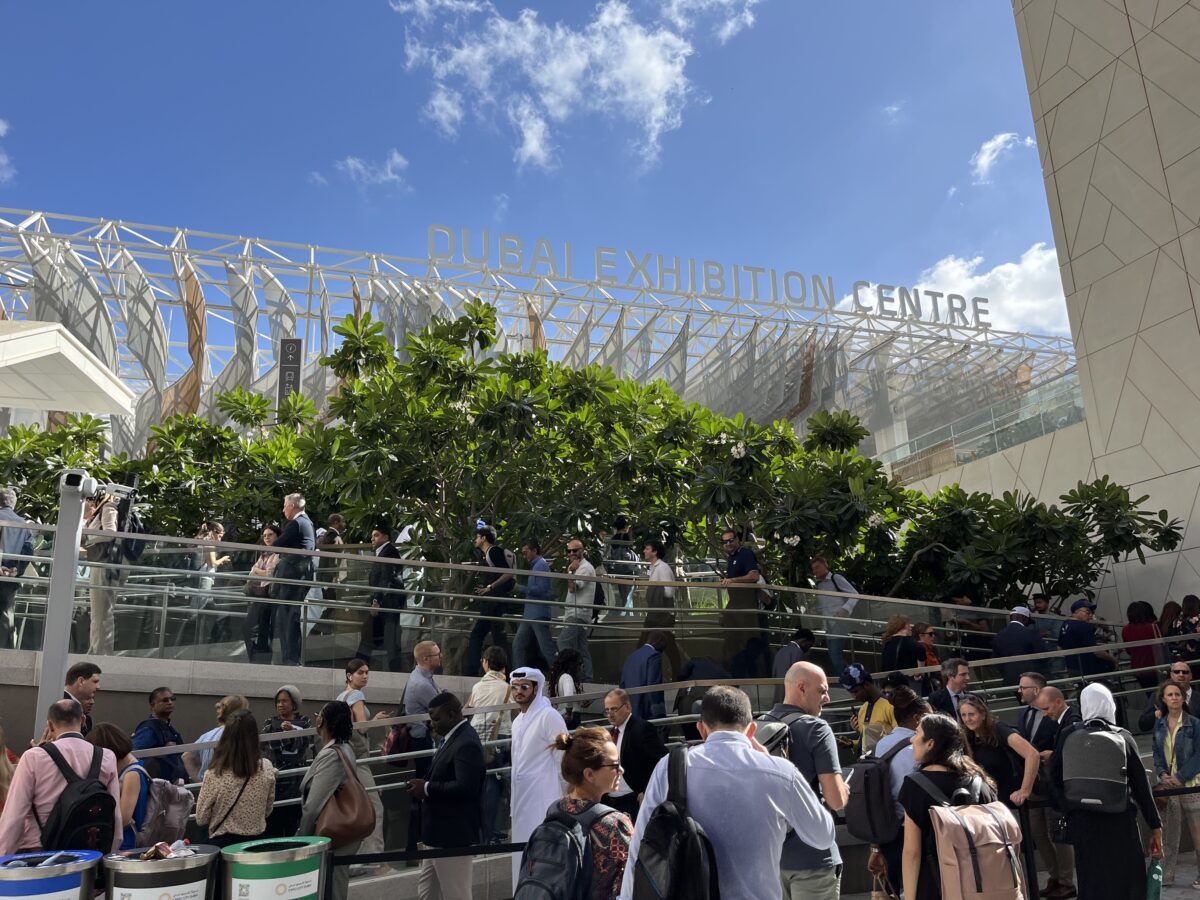After a busy and sometimes torrid 18 months, Australia once again has decarbonisation investment guidelines. Last week we saw the passage of the Safeguard Mechanism Crediting Act, while the Safeguard Rules and a Chubb Review implementation plan are soon to follow. This was a positive finish to a productive month for CMI, in which our Chair, Dr Kerry Schott AO delivered an address to the National Press Club, and we released research into public support for industrial decarbonisation reforms.
The research indicated strong support from Coalition, ALP and Green voters that companies should be taking responsibility for their own carbon or greenhouse gas emissions (e.g. via direct reductions and/or investing in carbon reduction projects, where direct reductions aren’t immediately possible). Similarly, around two thirds of ALP and Green voters and 50% of Coalition supporters backed the legislation, with less than a quarter opposing. Hopefully this means the legislation can be a springboard for investment and further action. Action that needs to deliver more than the 43% 2030 emission reduction target, and have at least 70% reductions in Australia’s next 2035 Nationally Determined Contribution (to be developed through next year).
However, that will only happen with investor and community confidence that the Safeguard Mechanism and complimentary policy measures will deliver genuine emission reductions and support competitiveness in a decarbonising world. The hard work for that starts now.
There will be key issues to monitor, including ensuring the appropriate implementation of transparency reforms in legislative amendments, as well as those recommended by the Chubb review. These must ensure integrity, but also not punish landholders and others managing projects in good faith. The reforms must also help build a national data platform of integrated carbon and environmental data to better guide climate and nature repair.
Just as the Safeguard Mechanism legislation passed through Parliament, the Nature Repair Market Bill entered shortly after. CMI welcomes the intent of the Bill to drive private sector investment in repairing country. However, just as our carbon market needs to work in a policy suite driving decarbonisation, this nature repair market needs to work in a policy suite clearly aligned to reversing deforestation, protecting biodiversity and ensuring benefits for our first nation peoples. The market needs to adhere to fundamental market design principles around integrity, additionality, fungibility and liquidity, and co-design should be a priority. We’ll be following up with government and other relevant stakeholders following our submission in March.
As domestic policy stepped up, also too did international action and urgency. Research showed that international carbon markets have held steady and supported decarbonisation, despite the ongoing consequences of the Ukraine invasion. The international Integrity Council for Voluntary Markets also released their Core Carbon Principles as part of a package of reforms to be rolled out through the year.
Most importantly however, last month’s IPCC Synthesis Report reiterated that we are running out of time to halt warming at 1.5°C, or even 2°C, with human and natural impacts escalating. It is crucial that we build on the momentum of last month to grow both public and public investment in climate solutions and resilience here in Australia, in our Asia Pacific region and globally.
To conclude, I have been reflecting on the fact that I and others have been working on a “long, loud and legal” investment signal for over two decades – for me back in 2003 starting key research with the Australian Conservation Foundation. There are many people and organisations to thank in seeing the Safeguard Bill pass, and reaching this crucial next stage, but chief amongst them include the team at CMI, our Board and our members. Thank you.
CMI’s work now turns to implementation. This means not only growing the necessary complimentary policies and institutions to accompany this legislation, but also building the capacity and commercial interaction amongst all of our members in pursuit of our mission to “accelerate the use of market-based solutions and support best practice in decarbonisation to limit warming to 1.5C.” Our forthcoming events, listed below, will be crucial opportunities for this, so don’t miss out!

John Connor
CEO
Carbon Market Institute



